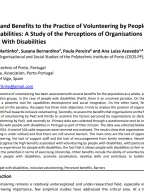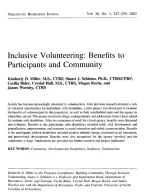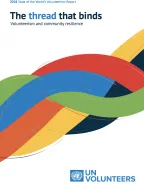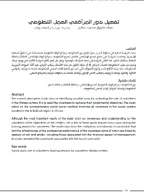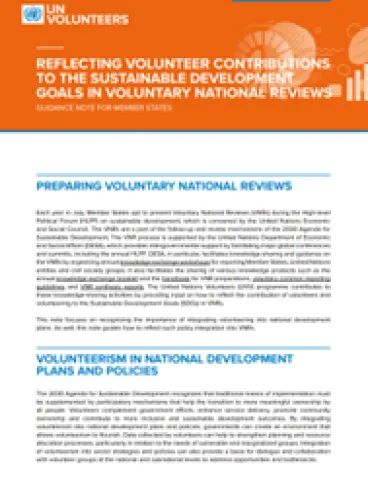
Guidance material
Reflecting volunteer contributions to the Sustainable Development Goals in Voluntary National Reviews - Guidance Note for Member States
Volunteerism and the SDGs
Download
Fast read
The guidance note provides key information to Member States about how to include volunteerism’s contributions in Voluntary National Reviews and recognizes the importance of integrating volunteering into national development plans.
Summary
- The 2030 Agenda for Sustainable Development recognizes that traditional means of implementation must be supplemented by participatory mechanisms that help the transition to more meaningful ownership by all people. Volunteers complement government efforts, enhance service delivery, promote community ownership and contribute to more inclusive and sustainable development outcomes.
- By integrating volunteerism into national development plans and policies, governments can create an environment that allows volunteerism to flourish. Data collected by volunteers can help to strengthen planning and resource allocation processes, particularly in relation to the needs of vulnerable and marginalized groups.
- Integration of volunteerism into sector strategies and policies can also provide a basis for dialogue and collaboration with volunteer groups at the national and subnational levels to address opportunities and bottlenecks.
- Integrating volunteerism into national development plans and policies helps national governments in many ways:
- Builds broad legitimacy and gathers voices of marginalized people, enhancing trust and ownership of the development plans and policies being developed;
- Widens skill sets, fills data gaps and applies innovative solutions based on community needs to the implementation of development plans and policies;
- Extends delivery of government services, implements programmes in underserved areas and addresses emerging needs, allowing more effective implementation of development plans and policies.













